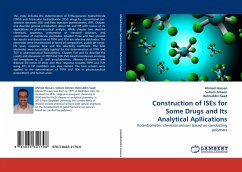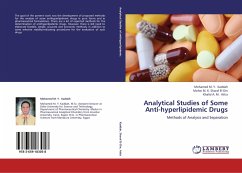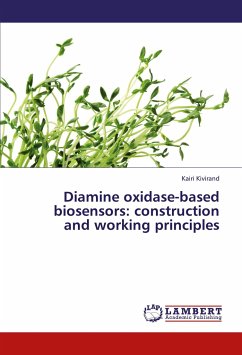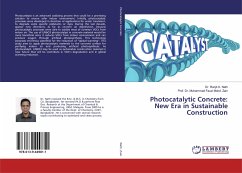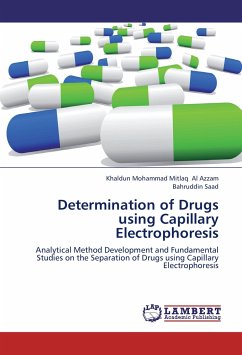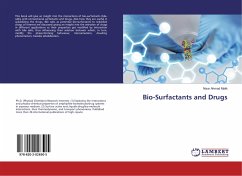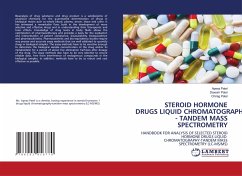This study includes the determination of Trifluoperazine hydrochloride (TFPH) and Tetracaine hydrochloride (TCH) drugs by conventional ion-selective electrode (ISE) and flow injection potentiometry (FIP). Chapter one describe general introduction about ISE and FIP with review of its applications in pharmaceutical analysis. While chapter two describe chemicals, apparatus, preparation of standard solutions, and construction of membrane electrodes. Chapter three and four showed the results and discussion of TFPH and TCH ion-selective electrodes. The electrodes were characterized in terms of composition, usable pH range, life span, response time and the selectivity coefficient. The best electrodes were successfully applied for the determination of TFPH and TCH in pharmaceutical formulations. Chapter five and six describe the results and discussion of TFPH and TCH PVC-based membranes containg the ionophores -, - and -cyclodextrins, dibenzo-18-crown-6 and dibenzo-30-crown-10 ether and their response towards TFPH and TCH using FIP. A FIP condition was also studied. The best sensors were applied to the determination of TFPH and TCH in pharmaceutical preparations and human urine.
Bitte wählen Sie Ihr Anliegen aus.
Rechnungen
Retourenschein anfordern
Bestellstatus
Storno

